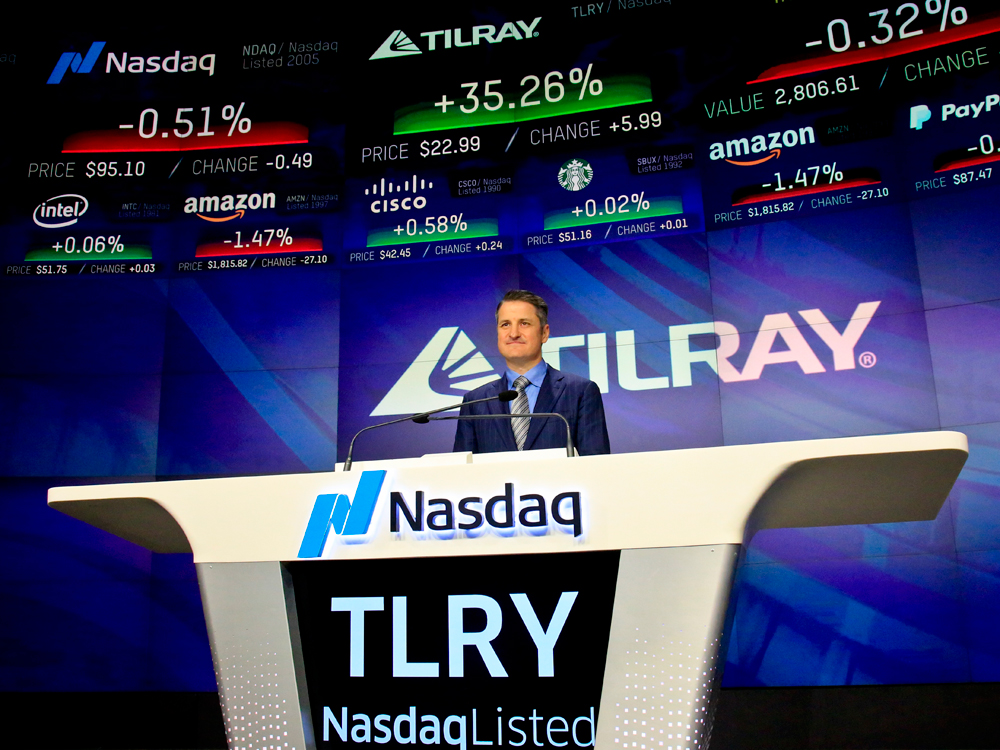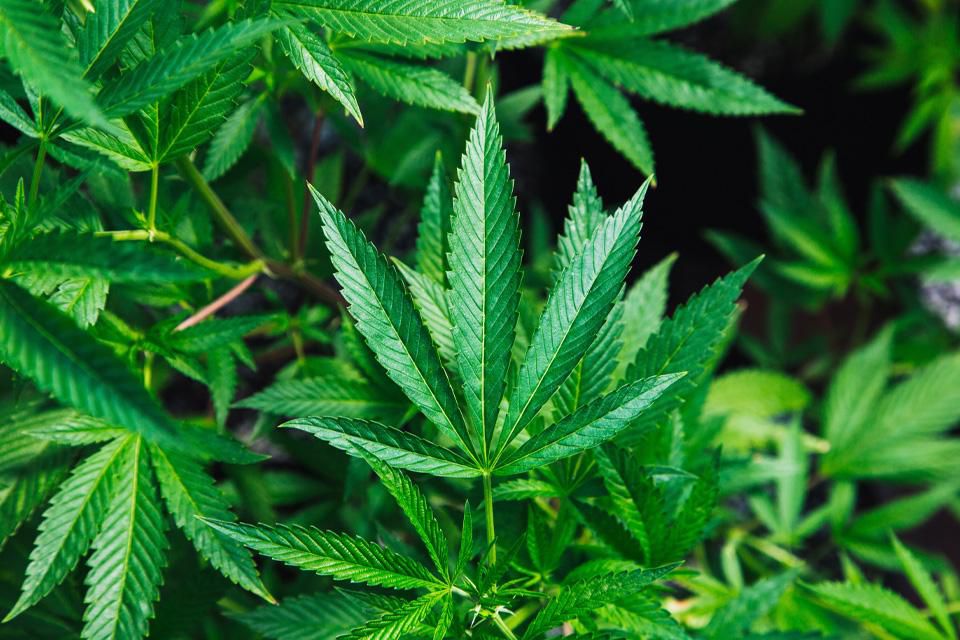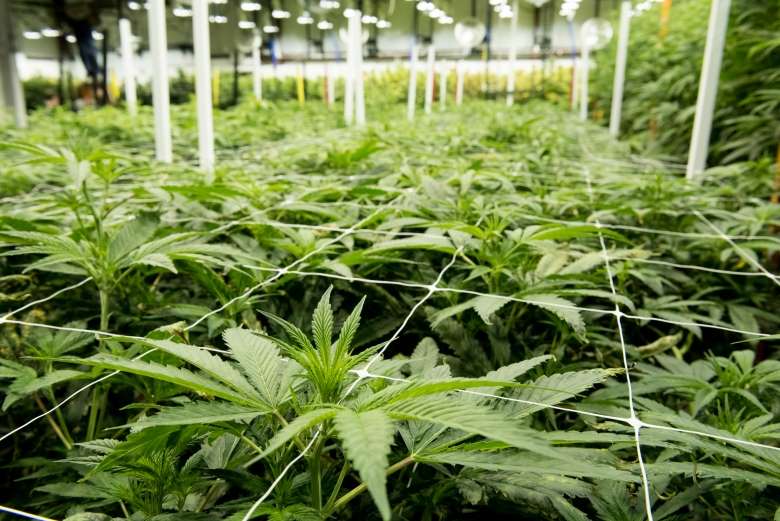Trump Vows to Win War on Drugs But Doesn’t Mention Marijuana by Phillip Smith
Phillip Smiths, one of my favorite and most prolific writers on the drug war, the latest piece examines last night’s Presidential inaugural address to Congress in which Trump vows to win a war on drugs, but doesn’t mention marijuana. I encourage all of our readers to follow Phillip and his writing at StoptheDrugWar.org.
By Phillip Smith
In his inaugural address to Congress Tuesday night, President Trump echoed the ghosts of Richard Nixon and Ronald Reagan—not to mention Miguel Cervantes—as he vowed to defeat drugs.
If there is a silver lining, his ire appears directed at heroin and other hard drugs. The word “marijuana” did not appear once in his speech.
“Our terrible drug epidemic will slow down and ultimately, stop,” he promised as part of a litany of MAKE AMERICA GREAT AGAIN accomplishments to come (“Dying industries will come roaring back to life. Heroic veterans will get the care they so desperately need….”).
And, having forgotten—or more likely, never learned—the lessons of the past half century of American drug prohibition, he’s going to defeat drugs the old-fashioned way: with more war on drugs.
“To protect our citizens, I have directed the Department of Justice to form a Task Force on Reducing Violent Crime,” Trump said. “I have further ordered the Departments of Homeland Security and Justice, along with the Department of State and the Director of National Intelligence, to coordinate an aggressive strategy to dismantle the criminal cartels that have spread across our Nation.”
But talk is cheap. Drug law enforcement costs money. The DEA and other federal agencies are already waging a multi-billion dollar a year war on drugs; if Trump’s budget proposals match his rhetoric, he will have to be prepared to spend billions more. Just when he wants to cut just about all federal spending but defense, too.
Trump can ratchet up the drug war in some ways without relying on congressional appropriations through his control of the executive branch. For instance, his Justice Department could direct federal prosecutors to seek mandatory minimum prison sentences in most or all drug cases, a practice eschewed by the Obama Justice Department. That, too, has budgetary consequences, but until some time down the road.
Trump did at least pay lip service to addressing drug use as a public health issue, saying he would “expand treatment for those who have become so badly addicted,” but that doesn’t gibe with his call to repeal the Affordable Care Act. If Obamacare is repealed, nearly three million Americans with addiction disorders with losing access to some or all of their health coverage, including nearly a quarter million receiving opioid addiction treatment.
Trump’s Tuesday night crime and drug talk was interwoven with talk about the border, comingling immigration, drugs, and his border wall in a hot mess of overheated, but politically useful, rhetoric.
“We’ve defended the borders of other nations, while leaving our own borders wide open, for anyone to cross — and for drugs to pour in at a now unprecedented rate,” he said, ignoring the quadrupling in size of the Border Patrol in the past 20 years and the billions pumped into border security since 2001. “We will stop the drugs from pouring into our country and poisoning our youth.”
Trump also said that he was already making America safer with his immigration enforcement actions.
“As we speak, we are removing gang members, drug dealers and criminals that threaten our communities and prey on our citizens. Bad ones are going out as I speak tonight and as I have promised,” he said.
It’s too early to see who is actually being deported in the opening days of the Trump administration, but if the past is any indicator, it’s not “gang members, drug dealers, and criminals,” but, in rank order, people whose most serious crime was crossing the border without papers, alcohol-impaired drivers, other traffic violators, and pot smokers. Those were the four leading charges for criminal immigration deportations in one recent year, according to Secure Communities and ICE Deportations: A Failed Program?
Trump’s drug war rhetoric is triumphalist and militaristic, but so far it’s largely just talking. The proof will be in budget proposals and Justice Department memoranda, but in terms of progressive drug policy, he’s striking a very ominous tone. This does not bode well.













